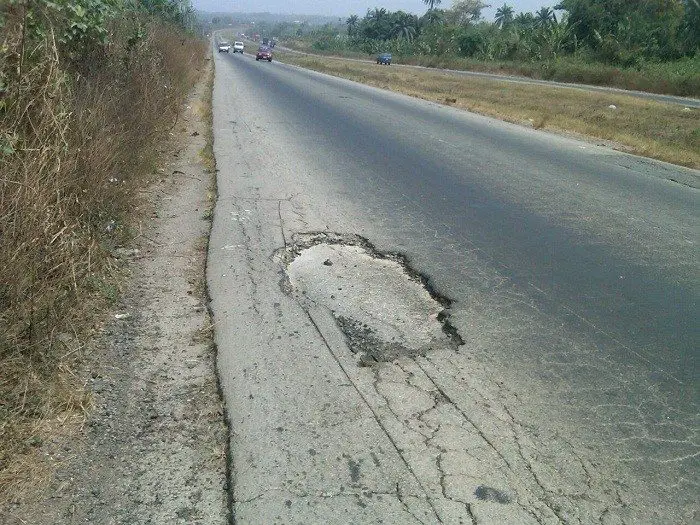Africa’s financial power man Aliko Dangote and chairman of the Dangote Group, has called on the Nigerian government to construct roads using concrete as opposed to the perennial asphalt roads made of bitumen in order to develop infrastructure that would last longer and have wider benefits to the government and the citizens.
Speaking at the Nigeria Summit organized by The Economist in Lagos on Monday, Dangote said roads made of concrete had a 30 percent longer lifespan as opposed to the age long asphalt roads.
According to Dangote, the cement company has undergone remarkable expansion over the years and currently has the capacity to export $500 million annually.
The Dangote Cement has constructed a 3 million metric tonne per annum plant in Nepal as part of its expansion frontiers. He also added that the long term plan for the Dangote Group is to protect itself from forex challenges that tend to compromise the company’s performance and make the company self-supporting in terms of forex needs by the year 2018-2020.
The Dangote Cement Company presently boosts of investment worthy US$4.34 in more than 10 African nations which caters for cement plants in Africa. As part of this expansion program, the company is currently setting up cement plants in Kenya, Niger as well as Mali.
These upcoming projects are excluded in the 15 countries already completed projects across Africa. The company is currently running 48mmtpa out of which 29.3mmtpa is in Nigeria alone.
He urged the government to formulate policies and programs that cultivate a friendly and favorable business environment so as to encourage growth and expansion of businesses.
Dangote says constructing concrete roads will enable the Nigerian government to cut on construction and maintenance costs as the roads are cheap to construct and maintain. The roads will also have a greater benefit to the Nigerian citizenry if the Federal Government adopts the proposal.
With a 50 years lifespan, concrete roads will help the government curb corruption cases as they are durable as opposed to bitumen roads which require periodical maintenance and therefore calls for the government to continually allocate funds for this maintenance

